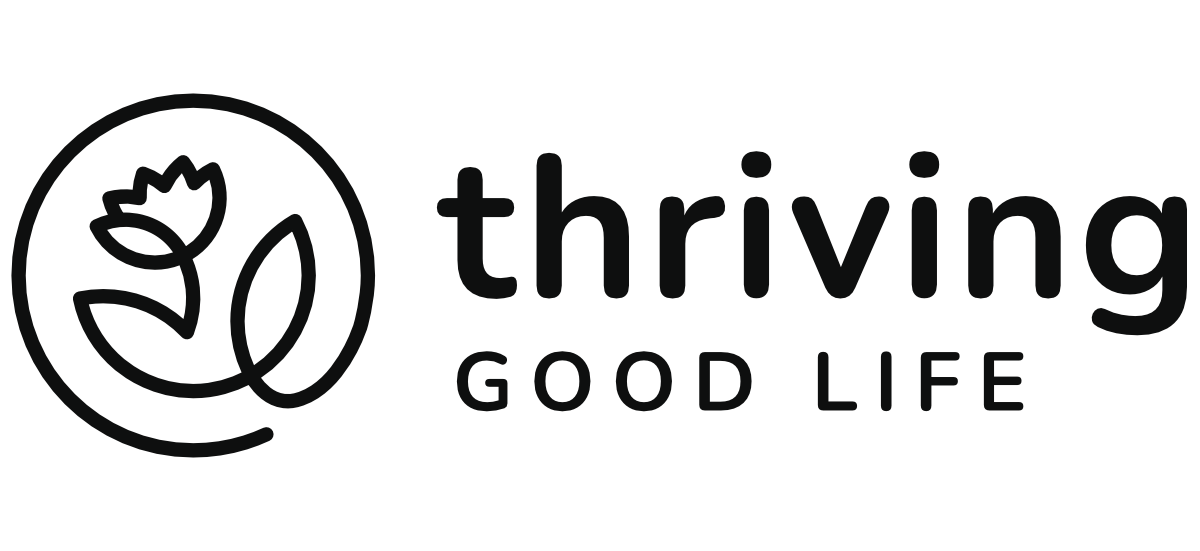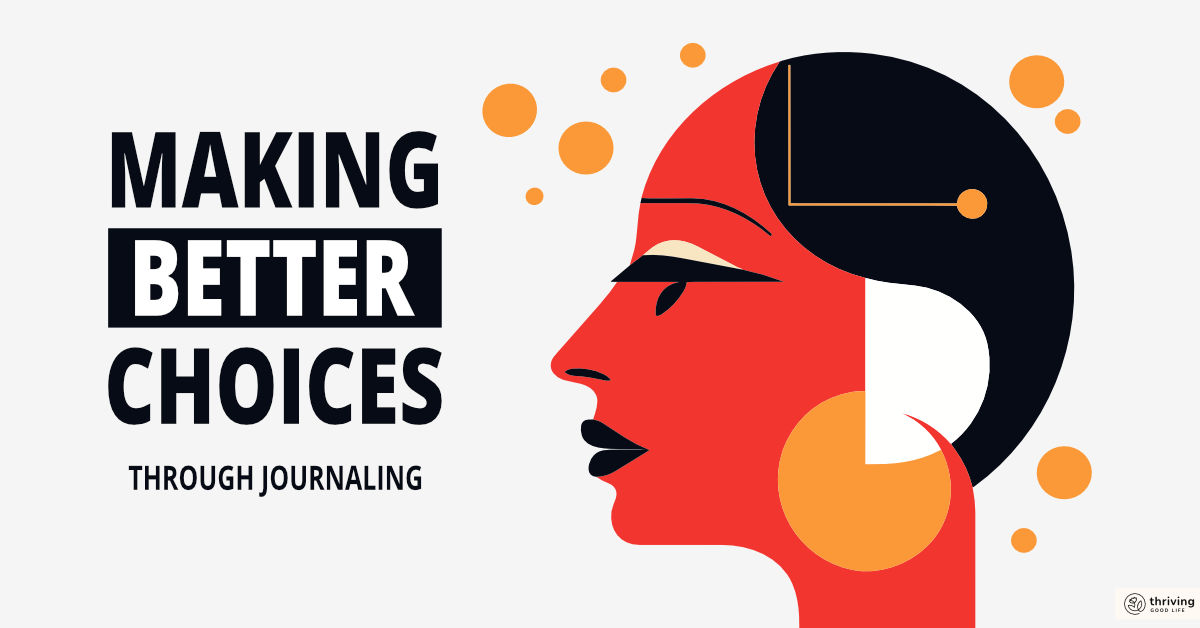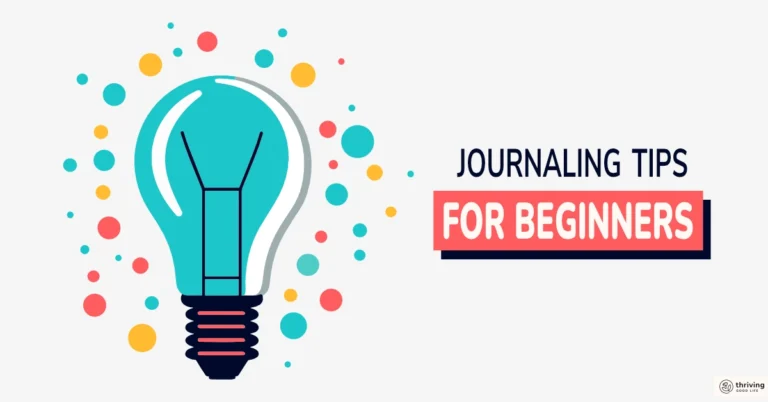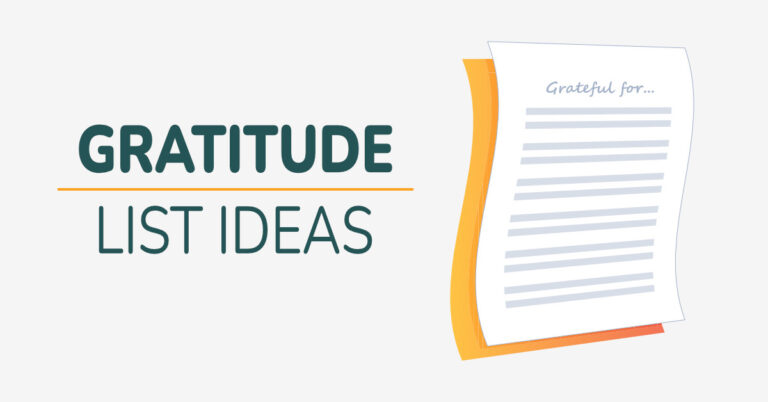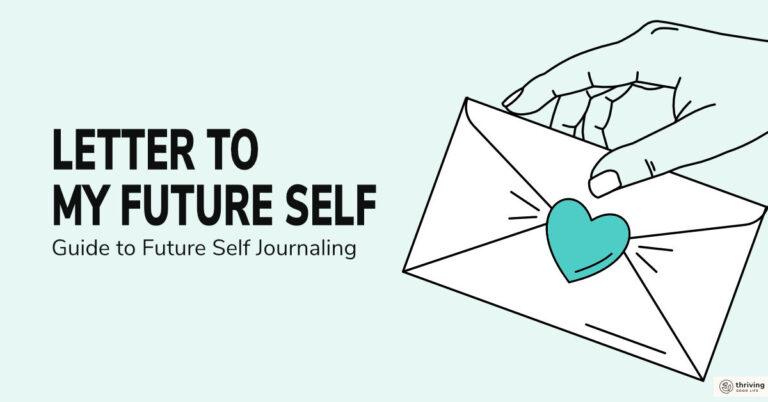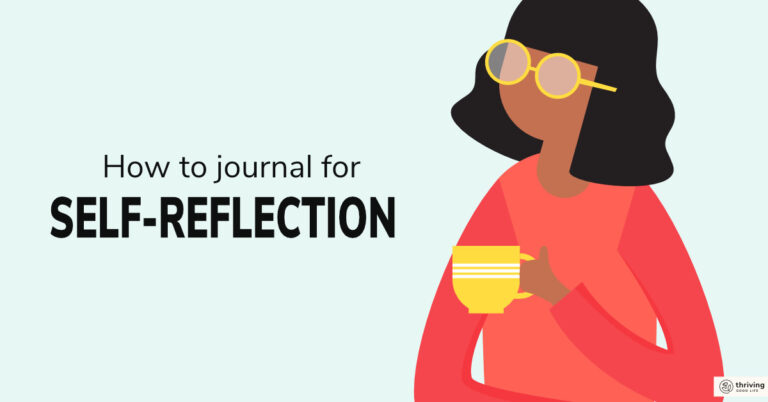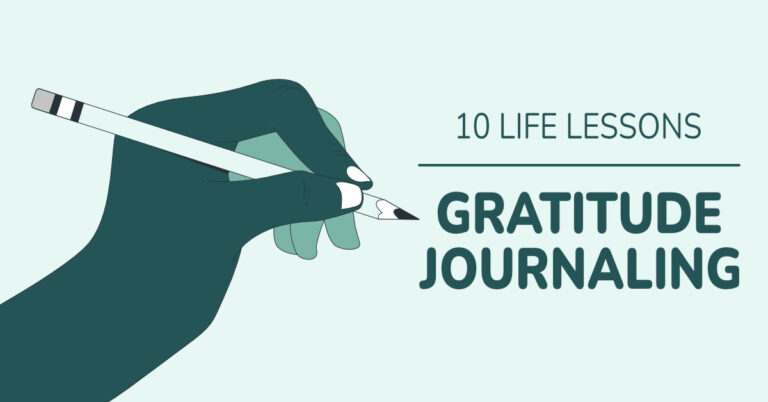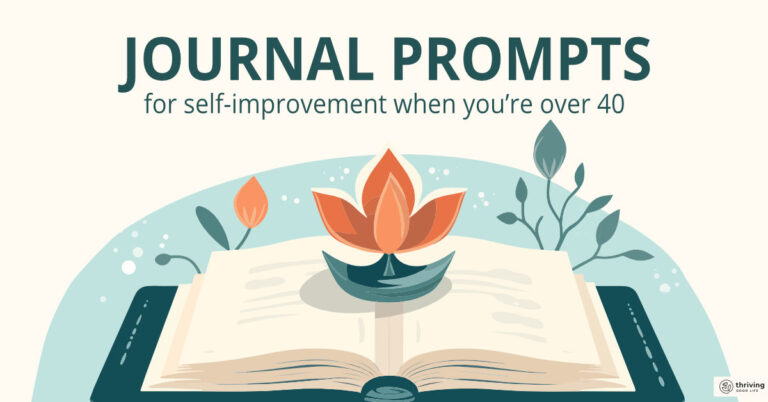Imagine having the ability to consistently make better choices in life.
Picture it -less stress, more success, and true fulfillment.
If you lack confidence, struggle with overwhelm, and are prone to second-guessing your second guesses, the serenity of decision-making might sound like a pipe dream. But it’s not.
These 3 simple journaling exercises will help.
Journal Exercise for Self-Knowlege
Your core values are your personal rulebook.
They determine your standards and shape your priorities.
They guide you in knowing when to say ‘no’ and when to say ‘yes’.
If you don’t have your values locked down you’ll find yourself getting swayed by other people’s opinions and expectations.
You’ll end up overcommitting to tasks, getting involved in projects that don’t align with your interests, or finding it difficult to set clear boundaries.
From a young age, I recognised the importance of prioritising my mental, physical, and spiritual health. I wasn’t always the best at turning people down gently – that’s the stubborn hothead in me.
Now I assertively but respectfully say ‘no’ to things that don’t align with my values.
I hold firm boundaries, and I’m unapologetic in defending them.
It makes me feel like a total badass.
Unless there’s a significant family priority/emergency, the world is about to be ravaged by a zombie apocalypse, or there’s some other urgent life-or-death situation, I’m going to make choices that are best for my time, energy, and peace.
It isn’t about being selfish. It’s about being self-protective.
Figure out what your values are. And own your decisions like a badass.
Here’s how:
1) Make a list of 50 adjectives that represent your beliefs, character traits you admire, and qualities that inspire you.
If you need help with this you use the following self-discovery journal prompts. They’ll help guide your thinking and make it easier to create your list:
- Recall a time when you experienced a deep sense of satisfaction. What were the essential elements that contributed to that fulfilling experience?
- What qualities or attributes do you most admire in your role models?
- If you were fortunate enough to possess five million dollars, which causes or issues would you choose to support through donations?
- What principles or ethical frameworks do you want to engrave in your children’s or future generations’ hearts and minds?
- What are some specific behaviours or attitudes you find intolerable or unacceptable?
- What kind of lasting impression or impact do you wish to leave on the world?
2) Cut down your list to the top 10 words you relate to the most.
3) Reduce your list again, selecting the top 5 that represent your core values.
Great. Now you’ve got your list.
Take a good look at these values. Keep them in a safe place. And somewhere you’re likely to see them often -maybe even pin them to your fridge.
Whenever you face a decision you’re unsure about, ask yourself:
“In what ways does this choice I’m about to make support my values?”
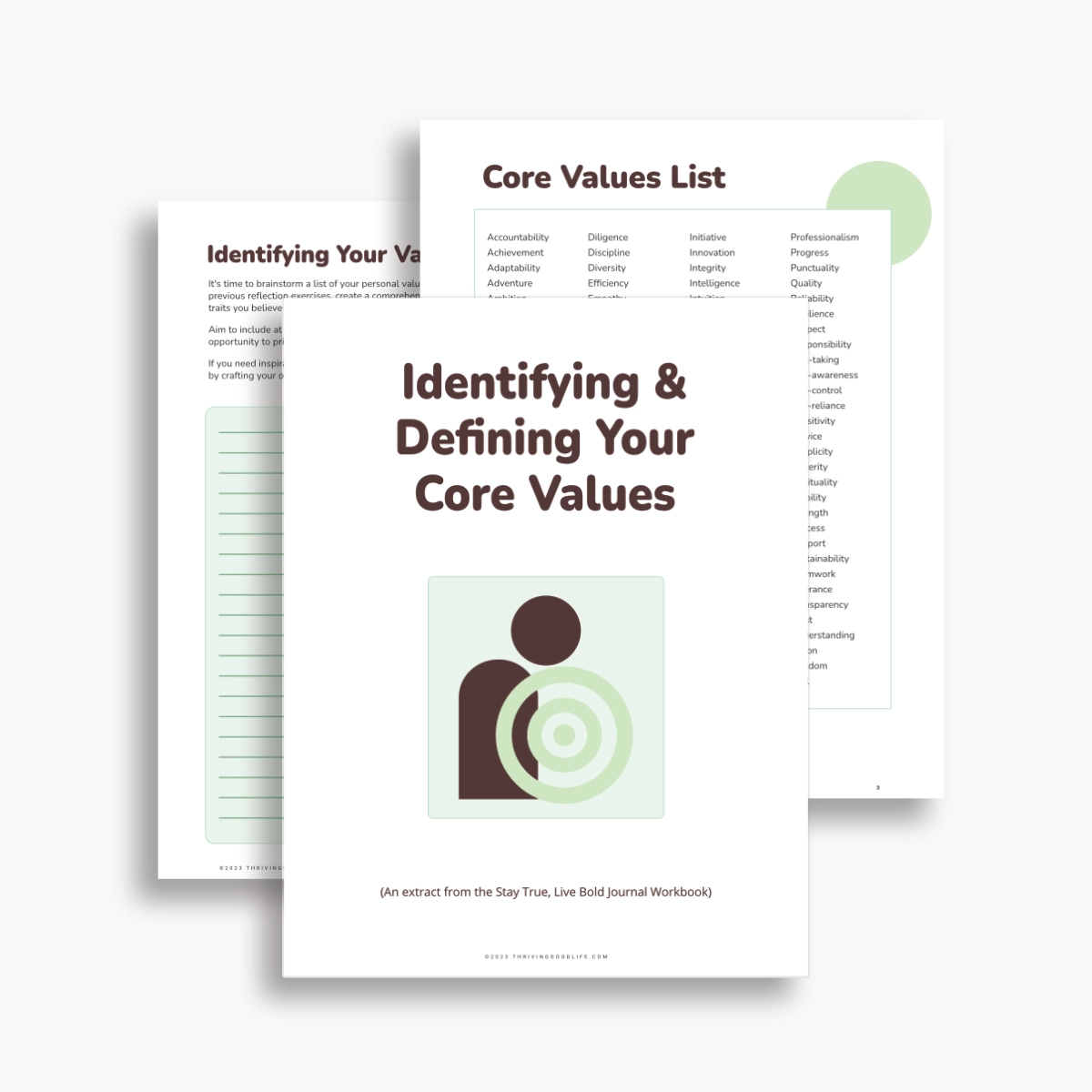
Feel like you’re living someone else’s life?
Get this free core values printable PDF. Pus access to my journal library, worksheets, updates and special offers.
By signing up you agree to our T&Cs and Privacy Policy.
Journal Exercise for Making a Choice
Before I quit my full-time corporate job years ago, I wrote a pros and con list:
On paper, the pros of staying outweighed the pros of leaving.
The job paid well, it offered security and stability. I had benefits, like private healthcare, gym membership, and a retirement plan.
But there was this one pro that helped me make the decision to leave.
And that was woven deeply into one of my core values: freedom.
Next time you need to make a decision, pull out a pen and paper. Create your pros and cons list and weigh the list not just based on quantity, but also on the value and importance of each item.
After you’ve made your decision, revisit your list; reflecting on it will provide insights into your choice and help you understand your priorities better.
Journal Exercise for Inner Wisdom
What if you could travel through time and have a heart-to-heart chat with your future self?
Well, you can… sort of.
It’s called future self journaling.
By writing to your future self, you can bridge the gap between who you are today, and the wiser, more sophisticated version of you in 5 or 10 years.
This future you, who understands how your decisions can either help or hinder your personal growth, becomes a valuable source of support and knowledge.
Using this method, your future self’s vision of what’s to come leads you towards choices that ultimately pave the way for a happier and more fulfilling life.
And by tapping into these insights, the older you can help you build meaningful relationships, make informed career decisions, and find balance and harmony.
When you write to your more experienced self, you will:
Gain a better understanding of who you are: When you write to your older, wiser self, you spend more time thinking about the real you, and what you really enjoy. This helps you focus on the things that make you happy, as well as the things that will help you achieve your goals in life.
Develop better problem-solving skills: When you think about what might happen as a result of the choices you make, you practice finding solutions to problems that might arise.
Choose long-term happiness over short-term fun: Sometimes, things that are fun right now may not be good for us in the long run. Writing to your future self will help you recognise choices that will benefit you in the future, even if they’re a little hard or not so enjoyable right now.
Learn from your decision-making process: Writing about your past decisions will help you figure out why you made them, and if your reasoning matches up with what you truly believe in. Keeping track of where things didn’t go as planned can also school you in what not to do next time.
—
These 3 journaling exercises give you the tools to make better choices and take charge of your future happiness. So, I urge you to try at least one of them today.

Feel like you’re living someone else’s life?
Get this free core values printable PDF. Pus access to my journal library, worksheets, updates and special offers.
By signing up you agree to our T&Cs and Privacy Policy.
